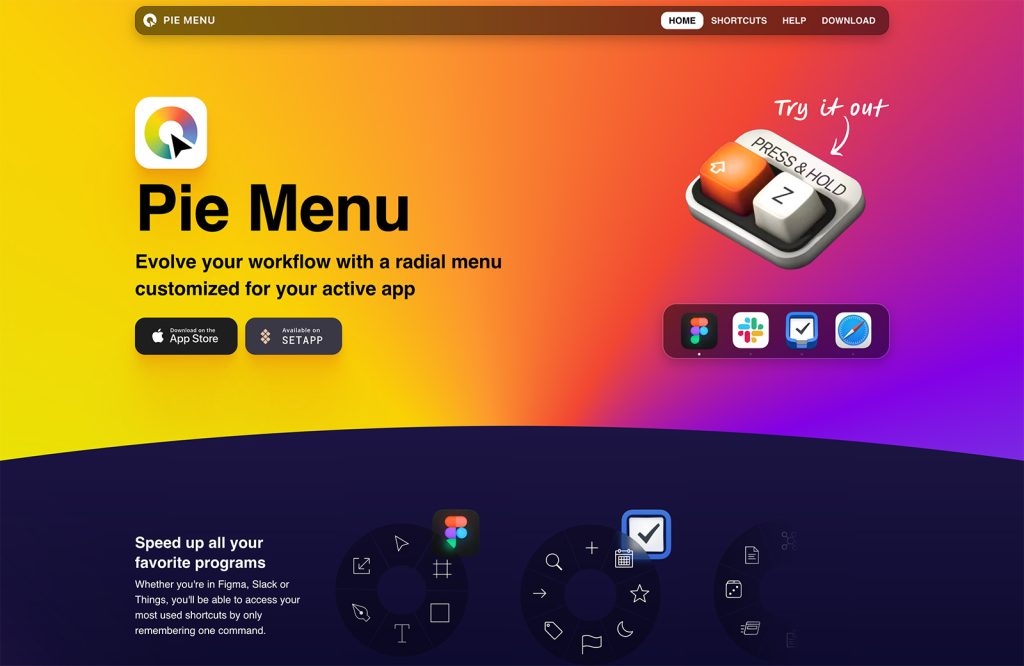One of the biggest concerns that freelancers have is that they can be isolated from others in similar fields. So can a professional network offer the additional resources you need to succeed?
The answer is yes if you find the right group. Here are reasons why you should join a professional network and how to find one that’s right for you.
You’ll Build Relationships
The No. 1 reason to join a professional organization is to develop personal and business relationships. This can be vitally important to freelance web designers and developers because you most often work in isolation.
A professional group can help you stay fresh in the design community as well as work with people who have different skills and strengths. You might find someone that you can refer work to when you are busy or a person that will serve as a mentor to you. Professional groups often include members from all different career levels and that have varying experience. There’s a lot to learn from each other.
Professional groups of a more general nature—not field specific—can also come with benefits. These groups are also good for cultivating relationships, but rather than staying on top of design trends and changes, you might actually develop new clients with these connections.

Get Access to Development and Training
Affiliation with a professional group often comes with perks such as free or discounted training opportunities. From live training sessions and speakers to webinars and online training, this is often a major benefit of a professional group.
Professional organizations at a local level are often part of a larger, national organization, which provides many of these opportunities to members. Many groups also include large national directories and access to discounts – from health insurance to web hosting – for members, depending on the organization. These opportunities can often make training and tools that might seem expensive more accessible and affordable (even free in some instances).
Development and training can also extend to national events. Most bigger organizations have local, regional and national gatherings. These conferences are a breeding ground for training and large-scale networking. Often the most active members of an organization at the local level have easy access to these events (and the parent organization often will help foot the bill for participants).
“Free” Promotion for Your Brand
Think of professional networking as “free” promotion for your brand or freelance design or web development business. The more people you meet and talk with about work, the more opportunities you have to generate new business.
Whenever meeting with members of a professional organization, you should always be networking. Engaging in projects with the group will also show others how well you collaborate and what you are good at. (This can result in more freelance work and referrals from group members.)
Make sure to take advantage of opportunities to show off as well. Most professional organizations have some type of honors or awards each year. Make sure to enter your work. Whether you win or not, it puts your name and projects in front of your full organization and a panel of judges. (There’s no better opportunity to show the work you do to a wide – and industry connected – audience.)
Get Involved in the Community Locally and Nationally
A linkage to a professional organization is an easy way to get involved in the design community locally and nationally. You’ve got an immediate network and connection to an established group with events, public service projects and common goals. While not all groups are part of larger organizations, many are. Look for local or affiliated chapters of organizations such as these:
- AIGA, the professional organization for design
- Freelancers Union
- International Web Association
- International Council of Design
- Graphic Artists Guild
- Association of Registered Graphic Designers
- The HTML Writers Guild
- Interaction Design Association
How to Find a Professional Group That Fits You
Finding the right professional group can take a little time.
- Start by looking for organizations that are rooted in things you believe in. What is the mission of the organization? What do they support or promote and is that in line with your goals?
- Then look at the meeting and event schedule. Does it work with your calendar? There’s no point in joining an organization if you know you’ll never make any of the meetings.
- Attend with a friend. Do you know someone already involved with a specific group? Most organizations allow potential members to visit an event or meeting without a financial commitment; ask a friend if you can tag along.
- Think about the budget. Can you afford dues or costs associated with the organization? Costs to join professional networks range from free to hundreds of dollars annually.
- Look at the big picture. Does the group have ties to a bigger national organization? It’s almost like interviewing for a job; do you see the potential for personal/professional growth?

When Not to Join a Professional Group
Professional networking groups are not one size fits all. Don’t feel like you have to be a member of a group just because it relates to your field. Professional networking groups and associations only help your resume if you are active and involved. Don’t join a group if:
- You don’t connect with current members. Just like workplaces, professional groups have a culture of their own. Find people who feel like part of your tribe.
- You don’t believe in the mission or projects the group takes on.
- The organization has a bad reputation in your community.
- You don’t plan on actually participating.
- You don’t get value from membership. (This can happen with the best professional groups over time and sometimes you need to “phase out” of a current role and move on to something else.)
Conclusion
When making a choice to join a professional networking group, look for an organization with ties or a chapter where you live. You’ll almost always get more out of an organization where you get actual face time with other members than an organization that’s all online.
While there are benefits to both kinds of groups, make sure to pick a group that you actually benefit from personally or professionally and that you want to be a part of. You should want to go to meetings and events and spend time working with other members. That’s the true test as to whether a professional networking group is right for you.






